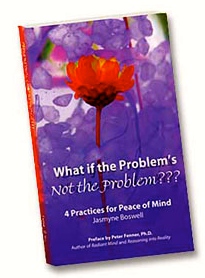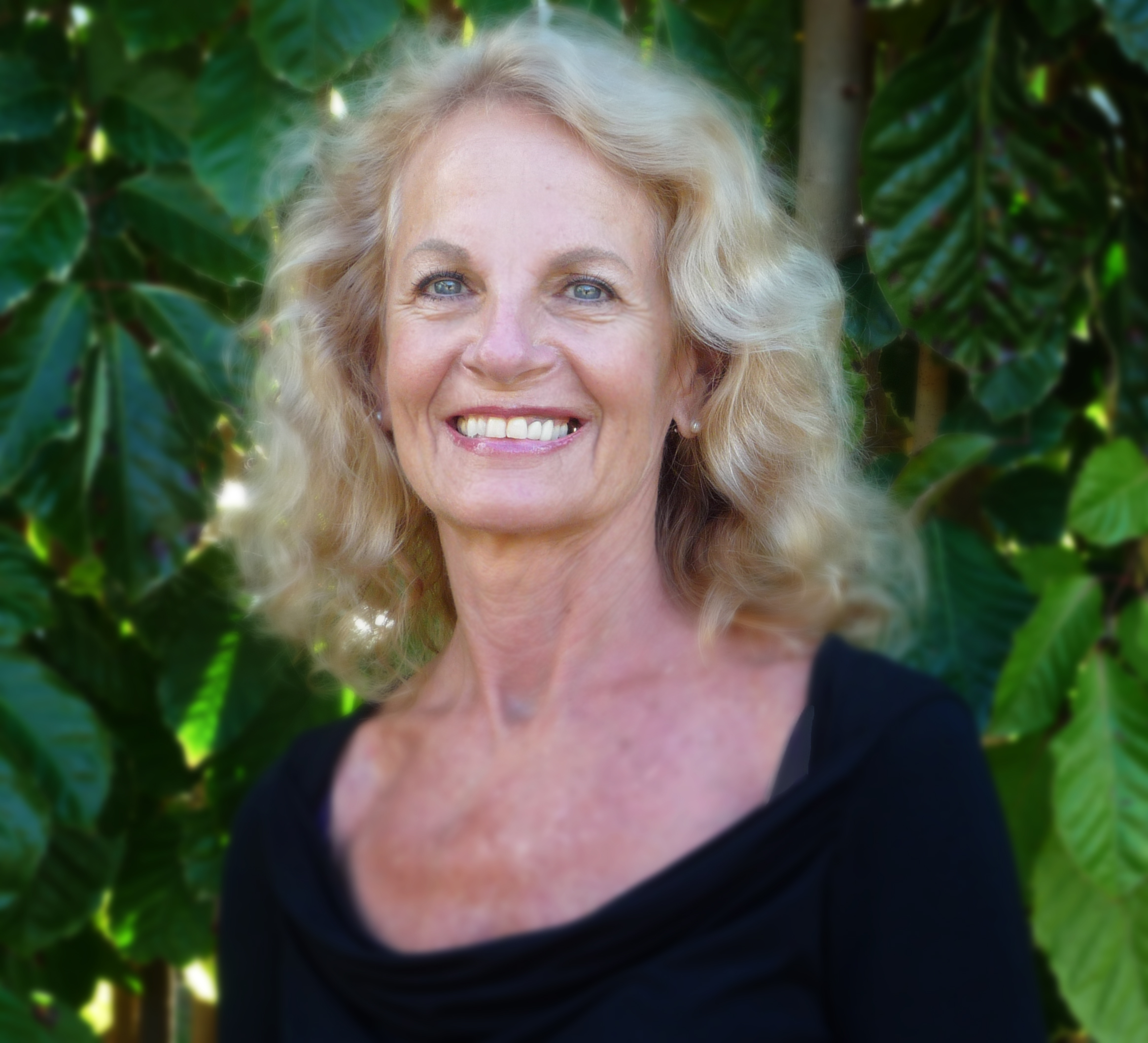“The act of putting pen to paper encourages pause for thought, this in turn makes us think more deeply about life, which helps us regain our equilibrium.” ~Norbet Platt
Writing our Stories
It wasn’t until my mother passed away in 1996 that I thought of all the questions I wanted to ask her – questions about my childhood, her childhood, her relationship with her mother and father, what it was like being a teenager in her time. I also wanted to hear about the major turning points that changed the course of her life and what people or events led up to those changes. Of course by the time these questions arose, it was too late.
I decided I didn’t want my sons, Robb and Scott, to face that same dilemma. So a few years ago I started writing my memoir – not so much for publication, but for them. With the lessons learned from my writing journey and from listening to others’ life changing stories, I became keenly aware of how writing about the past from the present allows us to witness past circumstances from a broader perspective with more compassion for ourselves and those closest to us.
It’s easy to harshly judge our own or another’s behavior when the emotional charge is high. But when we can look back and view our lives more objectively, we begin to see the perfection of every event and how each one has its place in shaping our lives. And, we begin to forgive the behavior of others and ourselves and embrace our human failings.
Letting go of opinionated conclusions is very freeing. I’ve seen students and clients have similar epiphanies about abuse, anger, feelings of betrayal or loss. It’s harder to be a victim when the light shines equally on all parts of the equation. Time gives us the buffer – writing helps us change the moral of our life stories. Together they have an enormously positive affect on our lives.
If you want to start writing but don’t know where to start, consider this . . .
- Write a list of the crucial events that have shaped your life – or the crucial events that shaped a particular time period of your life and leave space between each event.
- Under each heading, list the important circumstances people, places, dates, etc. that are pertinent.
- Pick one and start writing about the event. Write not for accuracy, but write with out stopping for at least 10 – 15 minutes before thinking about what you’ve written. This will help you override the voice that tells you you’ve got it all wrong or can’t write. You can always go back and edit it later.
- Most of all have fun. Once you get involved and want to go further, find a class and enjoy the camaraderie of fellow writers or find a coach to keep you inspired and to help improve your craft.
I recently sent one of my memoir writing vignettes to my eldest son, Robb. It was a piece about a life changing experience I had in my 30s. He loved knowing who I was then. He had been 14 at the time and as he put it, “Back then I didn’t even know you had a life other than working and being my mother.” Since he is now about the same age was in the story, he enjoyed learning what life was like for me at that stage of my life. He encouraged me to keep writing and not wait till I die to give him the rest.
Writing doesn’t come easy for everyone but everyone can write. For those who want to make sense of their past, who want to remember their life experiences while they still can or give their children or siblings an unforgettable gift, writing about your life can be extremely rewarding.
Visit www.jasmyneconsulting.com for more information on writing, classes and seminars.


